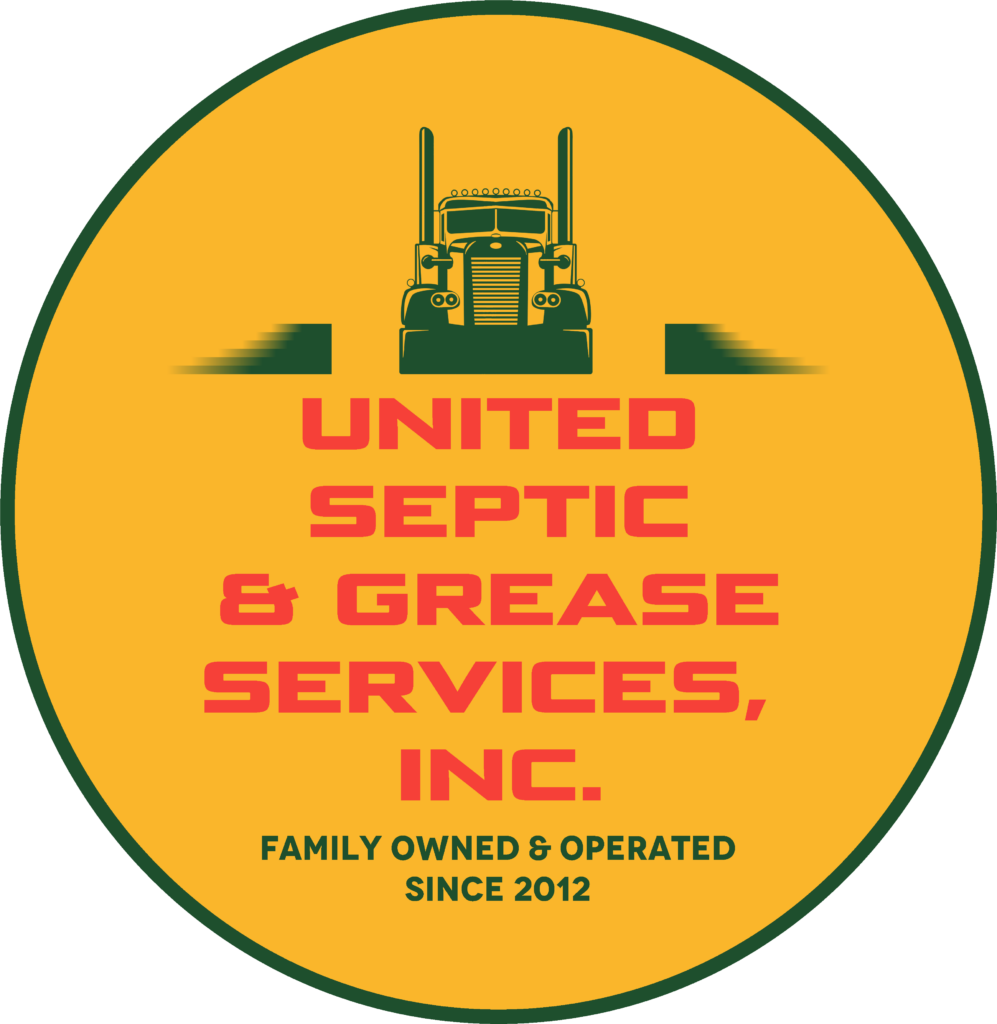Comprehensive Guide to Cleaning Grease Traps in Commercial Kitchens
Maintaining clean grease traps is critical for commercial kitchens to prevent plumbing issues and ensure regulatory compliance. Follow this detailed guide to keep your grease traps in optimal condition:
Step-by-Step Cleaning Process
1. Preparation
- Equipment Needed: Rubber gloves, gas mask, protective coveralls, crowbar, wrench, scraper, shop vacuum, dish soap, and warm water.
- Safety Precautions: Wear protective gear and ventilate the area to avoid inhaling fumes.
2. Locate the Grease Trap
- Indoor or Outdoor: Identify the location of the grease trap, which could be indoors under sinks or outdoors in a tank.
3. Cooling Period
- Allow to Cool: Let the water in the trap cool down to solidify the grease, making it easier to remove.
4. Removing the Lid
- Prying Open: Carefully use a crowbar to remove the lid without damaging the trap.
5. FOG Layer Removal
- Fat, Oil, and Grease (FOG): Scoop out the solidified grease layer with a scraper and dispose of it properly.
6. Vacuuming Residuals
- Shop Vacuum: Use a shop vacuum to suck out any remaining liquids and small solids from the trap.
7. Scraping and Washing
- Thorough Cleaning: Scrape the sides, baffles, and lid of the trap to remove all grease. Wash with dish soap and warm water to ensure all residues are eliminated.
8. Proper Disposal
- FOG Disposal: Place the removed grease in double-lined bags for small amounts or contact a professional grease disposal service for larger quantities.
Routine Maintenance and Tips
- Cleaning Frequency: Clean grease traps every four to six weeks, depending on usage, to maintain efficiency and prevent blockages.
- Bacterial Additives: Use bacterial additives between cleanings to help break down grease and maintain flow.
- Professional Inspection: Schedule regular inspections by professionals to ensure the grease trap is functioning correctly and complies with local regulations.
Benefits of Regular Maintenance
- Prevents Clogs and Overflows: Regular cleaning prevents grease buildup that can lead to plumbing issues.
- Compliance with Regulations: Adhering to cleaning schedules helps meet health and safety regulations, avoiding fines and shutdowns.
- Improves Kitchen Hygiene: A clean grease trap reduces odors and enhances overall kitchen sanitation.
For any queries related to Grease Trap Cleaning Service, reach out to our experienced professionals at United SEptic & Grease Services.

IF YOU ARE LOOKING FOR MIAMI-DADE AND BROWARD COUNTY COMMERCIAL SEPTIC SERVICES
THEN PLEASE CALL 305-878-1885 / 954-778-0477 OR COMPLETE OUR ONLINE REQUEST FORM

Autor / Editor : Jonathan Moreno
Jonathan Moreno is a South Florida Digital Marketing expert with over 12 years of experience with passion for creating hight value content to educate and bring value to visitors.
Related Posts
5 Benefits of Regular Maintenance for Septic Tanks in Miami
United Septic and Grease: In this guide, we’ll share why regular maintenance for septic tanks...
Read MoreSigns You Need to Schedule a Septic Pump Service
United Septic and Grease: In this post, we’ll break down the major warning signs that...
Read MoreCommon Problems with Septic Tanks in Miami
United Septic and Grease: Learn how to detect warning signs, and tips to keep Septic...
Read More